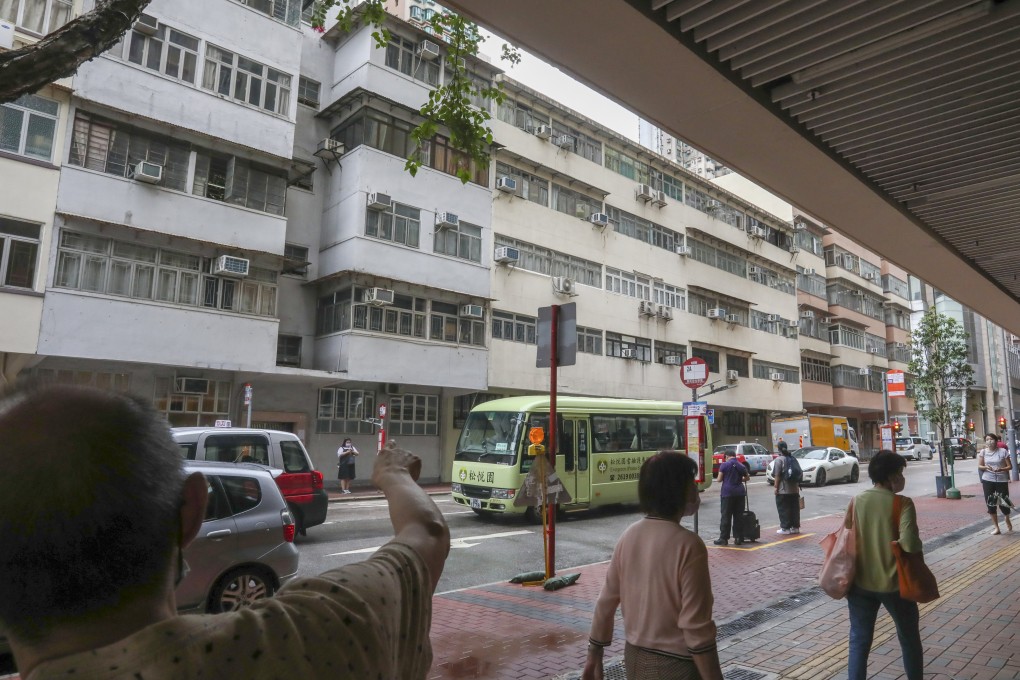Advertisement
Concrete Analysis | How tweaking Hong Kong’s compulsory purchase law could ease its housing shortage
- Reliance on sales of government lands is not going to be adequate and urban renewal can be a vital additional source of plots
- The city should consider relaxing developable plot ratios and provide more resources to the Lands Tribunal to speed up the compulsory sales process
Reading Time:3 minutes
Why you can trust SCMP

Housing problems have been causing Hong Kong people continued misgivings over the past few decades. Residents have suffered from either unaffordable prices for habitable residences, or increasing waiting times for public housing allocations. The need to expand the land supply and the provision of public housing, thus, have remained at the top of the government’s agenda.
Hong Kong’s new leader, John Lee Ka-chiu, recently announced the formation of a new “Steering Committee on Land and Housing Supply” and a new “Task Force on Public Housing Projects” in an effort to optimise as well as expedite land- and housing-related processes. Yet, to resolve such an exigent issue, a multipronged approach is necessary.
Reliance solely on sales of government lands as a supply source is not going to be adequate. Urban renewal could also be considered a vital additional source of land, especially in the city’s inner areas.
Advertisement
Urban ageing also highlights the importance of urban renewal. The number of dilapidated buildings in Hong Kong has risen rapidly in recent years.
Latest figures from the Development Bureau indicate that there are now more than 9,160 buildings aged 50 years or more. Of these, 3,500 are older than 60 years.
Advertisement
Advertisement
Select Voice
Choose your listening speed
Get through articles 2x faster
1.25x
250 WPM
Slow
Average
Fast
1.25x
